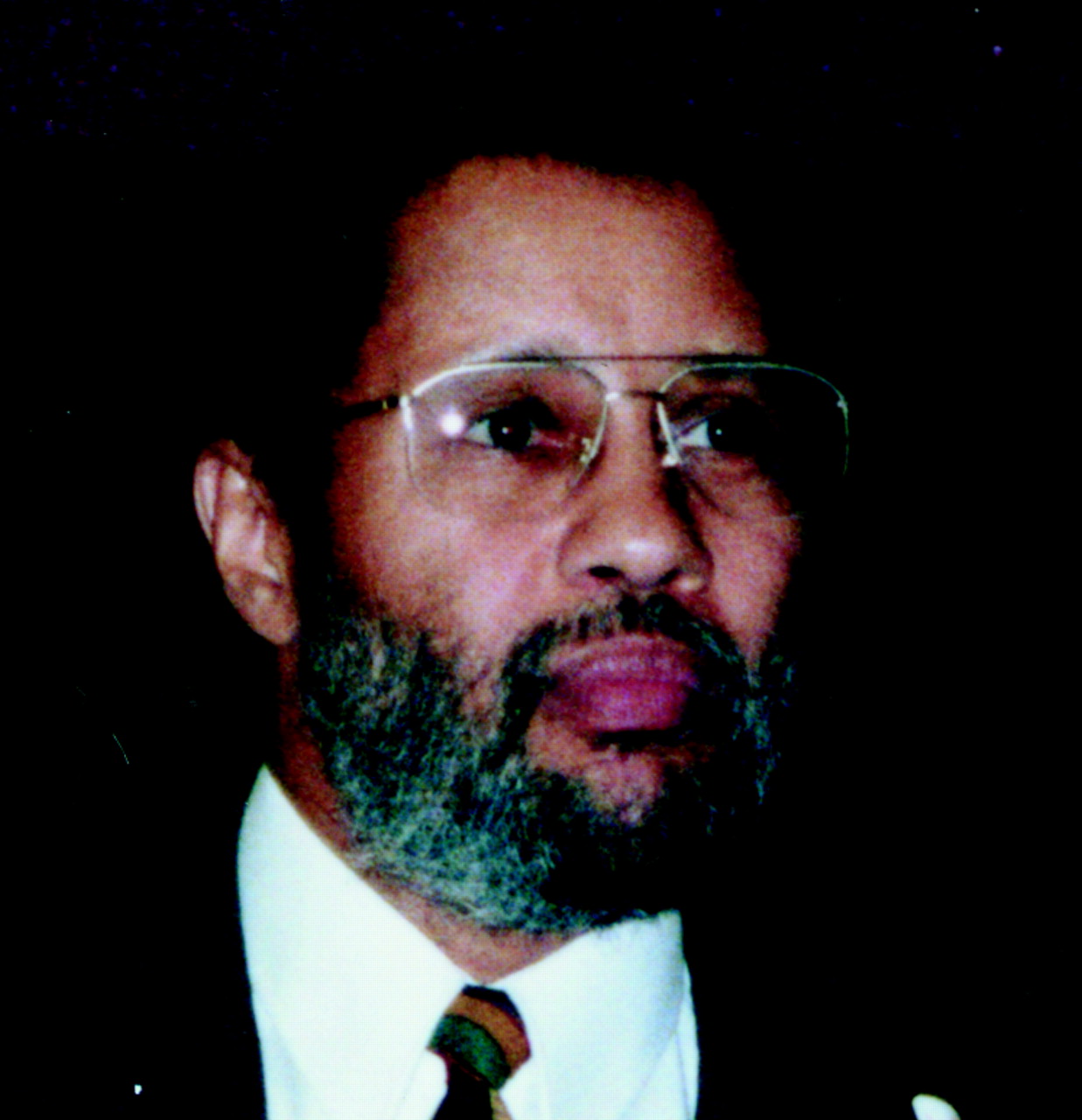Multiple Stigmas Keep Blacks Away From MH System
Three strikes of stigma—being black, being poor, and having a diagnosis of mental illness—are keeping many African Americans from getting the treatment they need, but many of them are not open to messages whose goal is to eradicate stigma and educate people about mental illness.

Carl Bell, M.D.: “Antipsychiatry groups flood the African-American communities with slick, glossy, antipsychiatry propaganda.”
Bell, who is president and CEO of Community Mental Health Council and Foundation in Chicago, discussed a message received loud and clear by fellow African Americans growing up in a segregated society—that “Education is whitey’s thing.” Borrowing this phrase from New York–based author and radio talk show host Tony Brown, an African American, Bell pointed out that African Americans were once executed in the U.S. if they were caught reading.
Bell said that psychiatric treatment and education in general are sometimes associated by African Americans and other cultures as European, white, and middle class. “I may reject your educational efforts because I perceive them as cultural imperialism,” said Bell, who is also a professor of psychiatry and public health at the University of Illinois.
In American psychiatry, noted Bell, healing is accomplished through the patient-doctor dyad, and the patient is treated out of the context of the family unit. However, said Bell, in many other cultures the patient and family are inextricable.
Bell also pointed to other differences between Western psychiatry and the healing traditions in other parts of the world. “In most healing traditions around the world,” he said, “you give your healer a gift in appreciation, but for American psychiatrists, that tradition is taboo.” Bell said this American custom of psychiatrists’ not accepting gifts could easily be perceived as unwelcoming by patients from other cultures.
Bell’s points are underscored by U.S. Surgeon General David Satcher, M.D., Ph.D., in his latest report, “Mental Health: Culture, Race, and Ethnicity” (Psychiatric News, October 5). It states that “culture influences many aspects of mental illness, including how patients from a given culture express and manifest their symptoms, their style of coping, their family and community supports, and their willingness to seek treatment.”
In terms of African-American patients, who may resist psychiatric treatment because of the perceived cultural imperialism, this resistance has serious implications for mental health outcomes. Satcher’s report cited evidence that the proportion of African Americans who feared mental health treatment was 2.5 times greater than the proportion of whites who did so.
Bell echoed a common refrain of some of the patients he treats. “They say, ‘Doc, you can’t imagine what it’s like to be poor, black, and crazy. It’s a triple hit, and I can’t take it.”
In addition, this stigmatized existence leaves many African Americans wide open to antipsychiatry campaigns, cautioned Bell. “Antipsychiatry groups flood the African-American communities with slick, glossy, antipsychiatry propaganda,” said Bell, who explained that the groups also send their brochures to African-American mental health professionals.
Some messages warn black communities of a genocidal plot to place African-American children on Ritalin, said Bell. Others convey that psychiatry is evil and destroys religion, which, Bell noted, is very important to African Americans.
“Research shows that three times as many white children are on Ritalin, so do white people want to kill their children too?” pondered Bell. “I get at least two calls a month from black parents who say that the pediatrician wants to put their child on Ritalin, and they search the Internet for information, and the antipsychiatry Web sites are the first to pop up.”
On the part of African Americans, “you’ve got a lack of trust, antipsychiatry propaganda, [and a] lack of health care infrastructure causing problems with access to care,” Bell said. “But at the same time, you have legitimate mental health needs in the African-American communities.”
Bell sees hope in Satcher’s goal of establishing systems of care that are culturally sensitive. “We have to involve communities in those systems of care,” said Bell.
For instance, if a white psychiatrist wants to establish a mental health center in a Latino community, said Bell, that psychiatrist should consult Latino community leaders and key opinion leaders from the community on how best to proceed.
“You create partnerships,” said Bell, and in turn, “you create value in the people who are marginalized.” ▪



